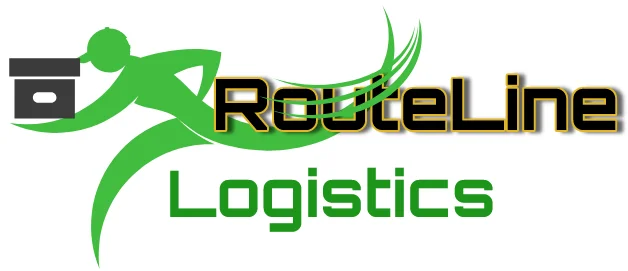Understand the complex regulatory landscape and ensure compliance across international supply chain operations.
**Regulatory Landscape**
International trade regulations, customs requirements, and industry-specific standards create a complex compliance environment. Regular monitoring of regulatory changes ensures ongoing compliance.
**Documentation Management**
Accurate, complete documentation is essential for customs clearance and regulatory compliance. Digital documentation systems improve accuracy and reduce processing time.
**Product Classification**
Proper product classification determines applicable duties, taxes, and regulatory requirements. Automated classification systems reduce errors and ensure consistency.
**Trade Agreement Utilization**
Free trade agreements and preferential trade programs can significantly reduce duties and taxes. Proper documentation and compliance with rules of origin requirements are essential.
**Restricted Party Screening**
Screening against denied party lists and sanctions programs prevents transactions with prohibited entities. Automated screening systems ensure comprehensive coverage.
**Audit and Reporting**
Regular compliance audits identify gaps and improvement opportunities. Comprehensive record-keeping supports audit requirements and regulatory reporting.
**Training and Awareness**
Employee training ensures understanding of compliance requirements and procedures. Regular updates maintain awareness of changing regulations and requirements.
Effective compliance management protects against penalties while enabling efficient global trade operations.
